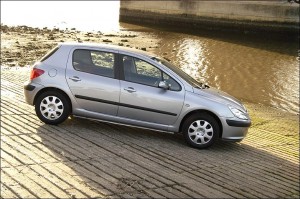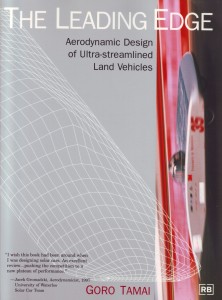Boiling the Frog*
One of the difficulties in assessing change in vehicles over a procession of models is getting past the obfuscation that normally accompanies car publicity. Both in advertising and PR material, every model is always billed as being vastly better than the preceding model.
Of course, in many ways newer models or versions often are better – but in other ways sometimes they are not.
One example of this is the weight of cars: as we all know, cars of today are much heavier than the cars of yesterday. However that’s a process that has been largely unremarked upon as it has been occurring. The upshot is we only now say: “Hell! Look at how heavy new cars have become!”
But this insidious change occurs in other design aspects as well.
- » Continue reading or Comments (7)

 Julian Edgar, 50, has been writing about car modification and automotive technology for nearly 25 years. He has owned cars with two, three, four, five, six and eight cylinders; single turbo, twin turbo, supercharged, diesel and hybrid electric drivelines. He lists his transport interests as turbocharging, aerodynamics, suspension design and human-powered vehicles.
Julian Edgar, 50, has been writing about car modification and automotive technology for nearly 25 years. He has owned cars with two, three, four, five, six and eight cylinders; single turbo, twin turbo, supercharged, diesel and hybrid electric drivelines. He lists his transport interests as turbocharging, aerodynamics, suspension design and human-powered vehicles.


